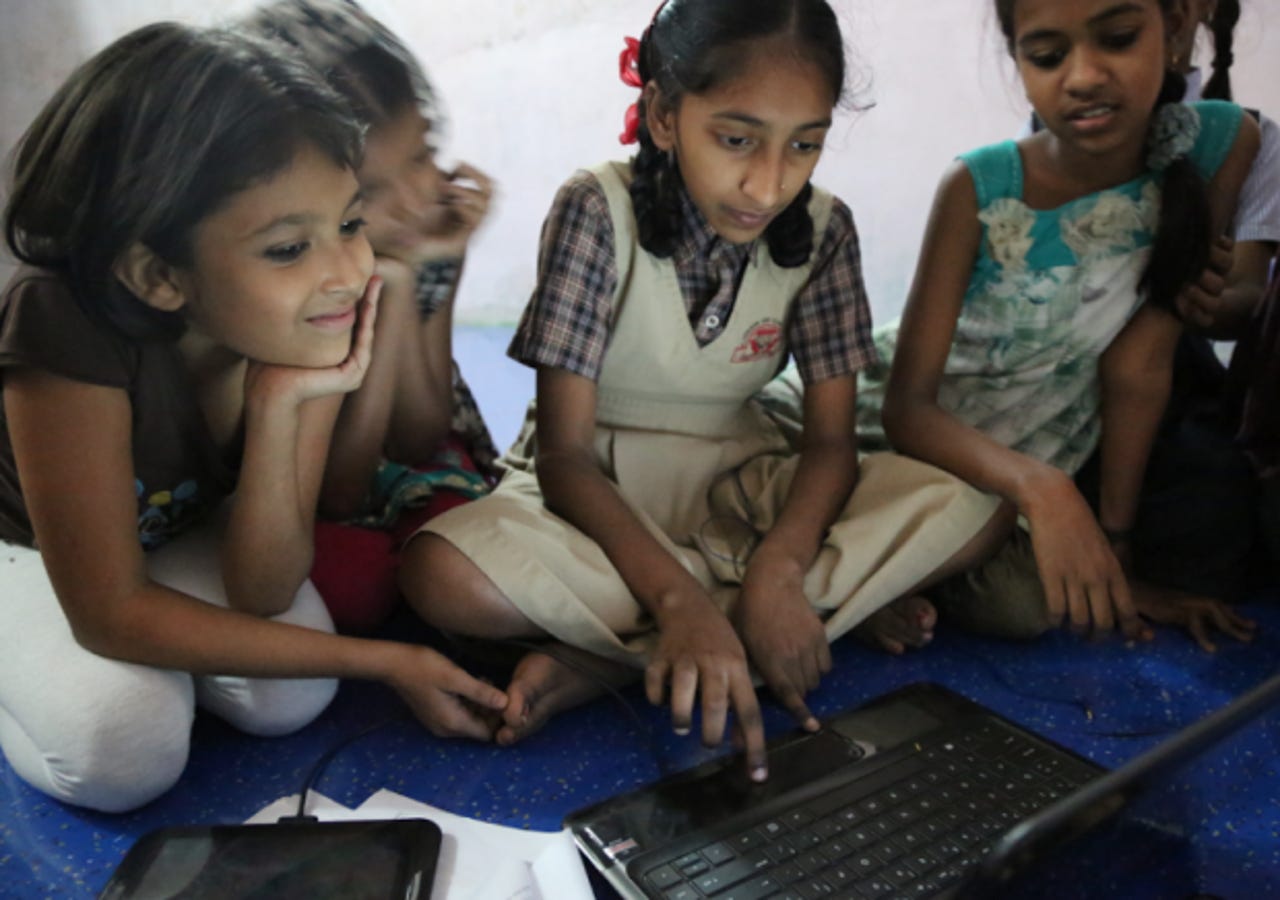The story of the Tech Girls of Mumbai


Tech Girls of Mumbai
Robotics
New technology can make a disproportionately huge impact on people in the developing world. So every once in a while, while navel-gazing the often insular world of gadgets and IT, it's worth turning our attention to ways tech is working for those who can't afford to go gaga over the latest Apple release.
One example is the Nayanagar, Dharavi slum neighborhood in Mumbai. Rife with crime, but also with an innovative spirit born out of necessity, it's an especially rich place to nurture an education in technology. One of the slum's residents is a 15 year-old named Anu who lost her father in 2013 in a traffic accident. In 2014, Anu got her first chance to sit down at a computer thanks to a project called Dharavi Diary.
The project promotes STEAM (Science, Technology, Engineering, Arts & Mathematics) education and teaches kids to do things like code mobile apps to solve pressing community problems. For example, some of the apps Anu and her peers made helped residents document and report sexual and domestic violence and child labor abuses, which are too common in India.
The Tech Girls share an app they developed.
The program was a big hit. Anu and her peers began spreading technology they developed throughout their community, especially among women, who tend to bear a heavier burden than men in situations of extreme poverty. But then the fire came.
In early 2016, a fire roared through Anu's community and decimated about 50 houses. Many of the members of the Dharavi Diary project lost all of their most basic possessions--beds, clothes, and food--as well as the technology--books, phones, and laptops--that helped them make a difference in their community while learning valuable skills and receiving a necessary education.
"This has badly affected their health, studies, self confidence, and self esteem," says a generosity.com campaign page set up to help the tech girls of Mumbai raise $10,000 to rebuild their school. "They have to start from scratch."
The good news is the girls have met nearly 80 percent of their funding goal. The money will go to toward "a place to study, food, daily utilities, laptops [and materials] to learn, create, and engage the community using technology while they rebuild their houses."
Every cent goes to helping the girls and the community, including, crucially the installation of a Lumkani fire sensor, which is designed to alert dwellers in dense urban environments like Dharavi of fire.
I'll get back to the naval-gazing soon, but this seemed worth passing on. If you're interested in learning more, visit the campaign page and consider making a pledge to the future IT rockstars of the world.